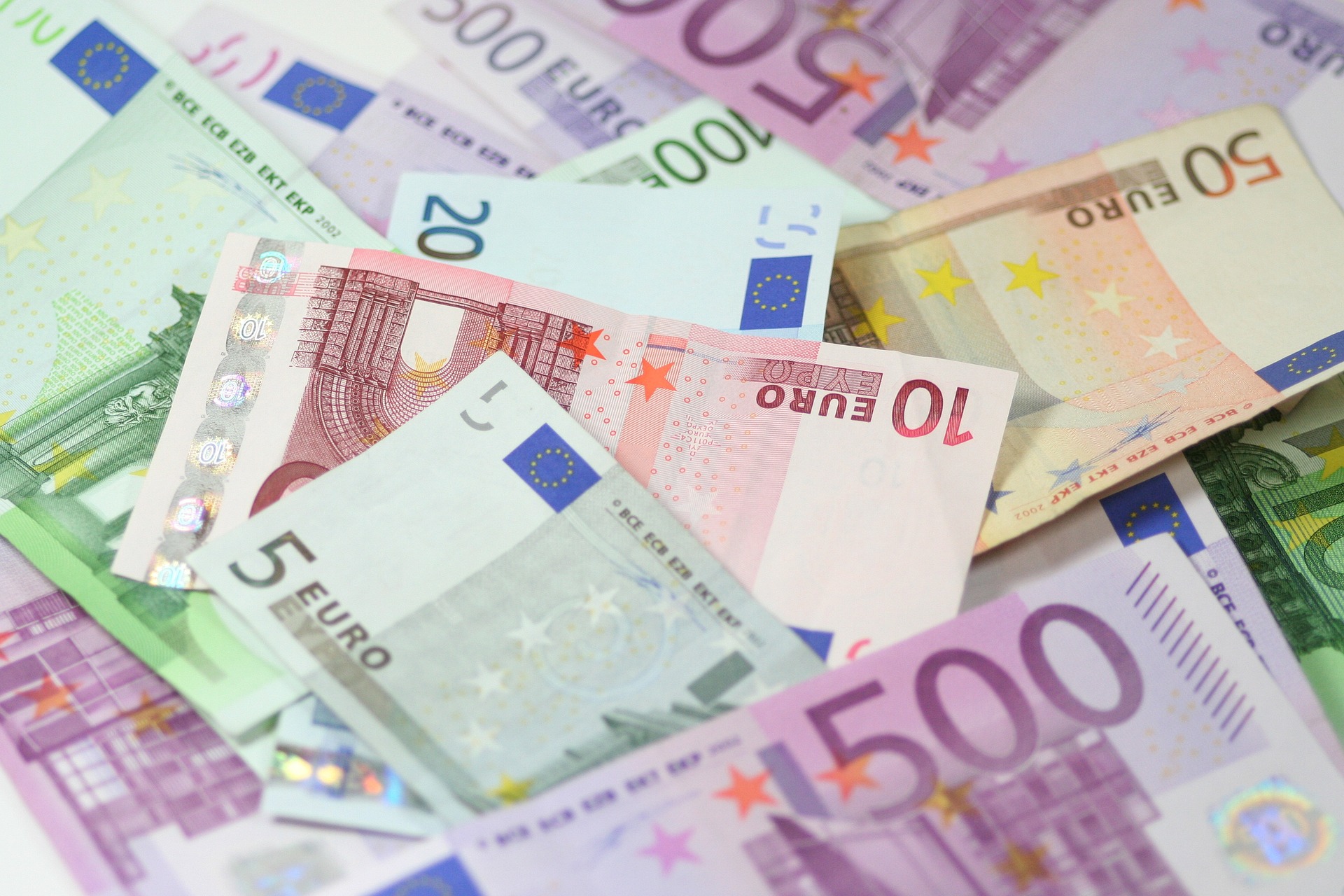The European Parliament and the EU member states have agreed on a significant restriction of payment transactions – cash payments over 10,000 euros are to be banned in the European Union. “We take a critical view of this ban, as it is primarily a massive restriction on the freedom to pay and a further step in the fight against cash,” says Michael Mewes, Chairman of the Bundesvereinigung Deutscher Geld- und Wertdienste.
According to the negotiators from the European Parliament and member states, the aim of the Europe-wide ban on such cash payments, as part of a new EU regulation, is to make money laundering more difficult. In Germany, there is currently no limit for cash payments, but already now anyone who wants to pay amounts over 10,000 euros in cash must prove where the money comes from. The relevant retailers are obliged to record and document this information. “If these requirements are adhered to, they are already an effective tool in the fight against money laundering,” says Mewes.
In particular, dealers in luxury goods are to check customer identities and report suspicious transactions to the authorities in future. The stricter rules are to apply to the trade in jewelry, luxury cars, private aircraft and ships, among other things. “It is more than questionable whether payments of this magnitude will actually be made officially in cash and would stop as a result of the new ban. The fact is, however, that large sections of society would be criminalized by accusations of money laundering for cash payments of 10,000 euros or more, without there being any empirical evidence of this. Criminal activities in this field have long been taking place largely via front companies, online or on the darknet,” Mewes continued. In addition, when it comes to implementation, the big question is who carries out the payment and associated identity checks.
In future, the rules should also apply to professional soccer, which is considered a potential gateway for money laundering in Europe with its billions in investments from third countries.
Like the BDGW, MEPs are also very critical of the upper limit for cash payments. “The fight against money laundering should not be confused with the fight against cash,” explained CSU MEP Markus Ferber, among others
The law still has to be formally approved by the European Parliament and member states.
Yesterday, the parties to the collective agreement BDSW and ver.di agreed on a new collective agreement for the approximately 9,000 private security staff in Hamburg. This will run for two years and provides for two increases in basic hourly wages. “We were able to agree on conditions with the union that are acceptable to both sides and the employees will receive more money from March,” said Jens Müller, Chairman of the Hamburg regional group.
For employees of private security companies, the agreement means a gradual increase in basic hourly wages, initially by 6.92 percent as of 01.03.2024, and a further 5.04 percent as of 01.02.2025.
“In addition to the two increases in the basic hourly wage, we have agreed to increase the training allowance,” says Müller For trainees, this means 950 euros in the first, 1000 euros in the second and 1100 euros in the third year of training from March 1, 2024 and then 1000 euros, 1090 euros and 1200 euros for the respective training years from 2025.
The follow-up collective agreement has a term of 24 months – from 01.01.2024 to 31.12.2025.
The parties to the collective agreement have agreed a 7-day notice period.





